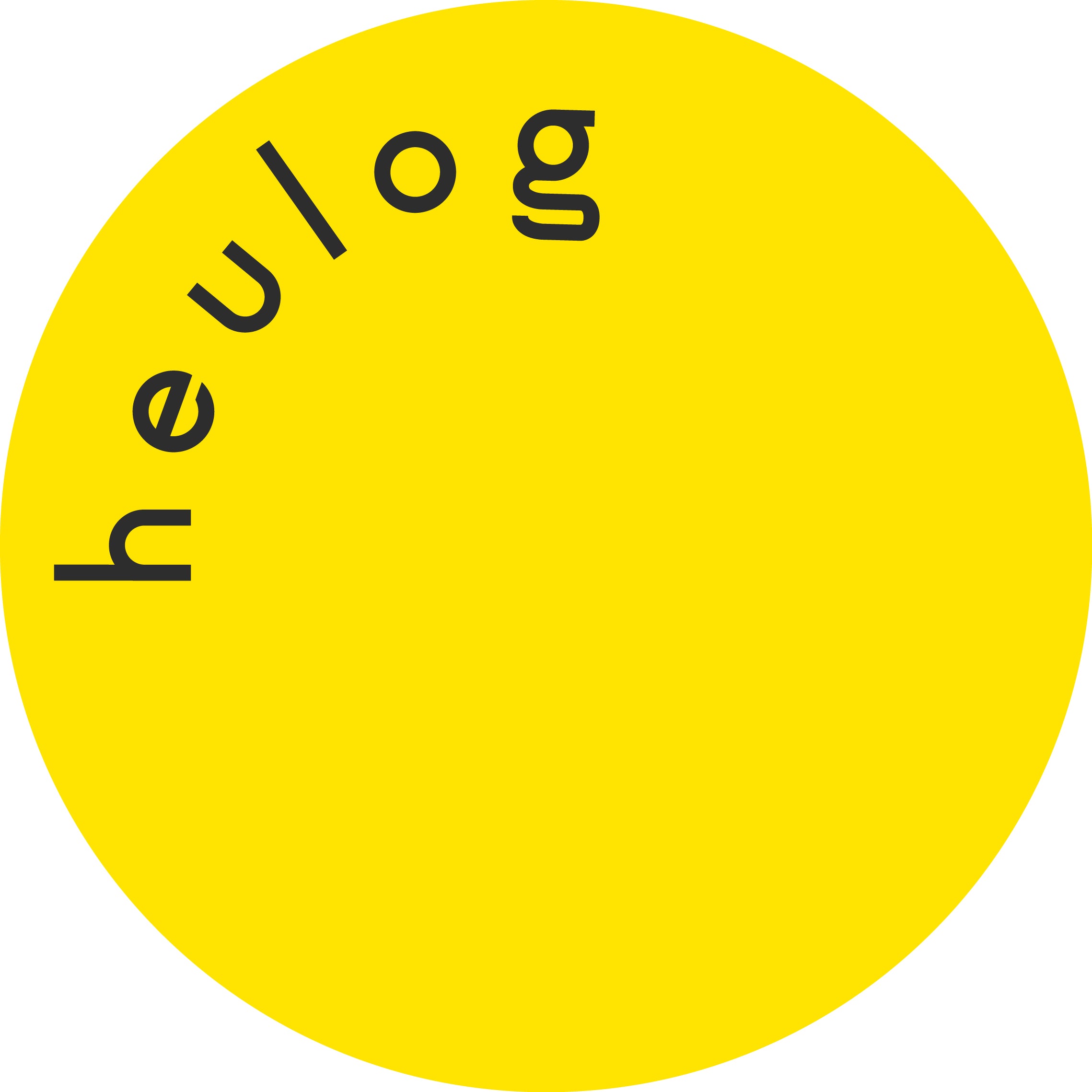All our fabrics are made from recycled Econyl® yarn, an infinitely recyclable nylon made from waste. Waste products such as fishing nets, fabric and carpet scraps and industrial plastic are sorted and cleaned to recover all the nylon and regenerate back into its original purity. They are then processed into yarns to create new products.
The overall goal is that once all products containing Econyl® are no longer of use, they can be regenerated repeatedly.
Econyl® regenerated nylon performs the same way as brand-new nylon but is far more sustainable.
Our fabrics are certified Standard 100 by Oeko-Tex, the world’s leader in testing fabrics, to regulate harmful substances. The fabrics are produced in one of the largest eco conscious mills in Italy that consistently promotes environmental and ethical responsibility throughout every step of the process.
Our garments are designed in the UK and manufactured in small batches.
We produce small quantities to minimise over production and waste. Any waste fabric is used to make add on items such as hair scrunchies etc.
We are focused on quality and not quantity. This is reflected the price you pay for our products. It’s hard to understand how something is priced higher when you can get similar products on the market for much less. We want people to understand the process.
Recycled fabrics are relatively new and not an industry standard. Therefore, this pushes the price up. We hope and certainly believe as time goes on – they will be the norm and that there won’t be a choice eventually. In order to produce fabrics, it must be worthwhile for the fabric mill to do so. They have processes in place and set up costs. Ordering less fabric, costs more unfortunately.
Mass producing garments is also way cheaper than producing small quantities. We know this is true for many industries. But it creates more waste and uses more resources. Producing less has higher costs.
There are so many costs involved with producing a range of clothing. Overheads such as branding, website design, design fees, packaging, shipping costs…. the list goes on.
There is far more detailed analysis out there about why we should be paying more for our garments and realising that paying a fair price for them benefits everyone involved – as well as our environment.

